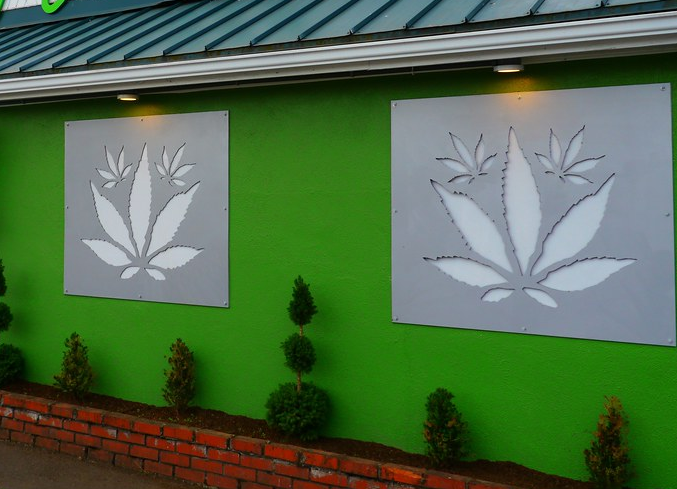Minnesota is finally nearing a full-scale rollout of its cannabis retail market — nearly a year after legalisation. While sales have already begun in select tribal areas, state officials say a broader launch across the state is just months away, aiming for early 2025. For many would-be entrepreneurs and eager customers, it’s felt like a long wait.
The groundwork is now largely in place. The Office of Cannabis Management (OCM) announced this week that license applications for cannabis businesses will open in the second half of 2024. If all goes to plan, shops could be sprouting up beyond tribal lands by spring next year.
Tribes Moved Fast — The State Took Its Time
Back in August 2023, Minnesota legalised adult-use cannabis. But it was the tribal nations who took the lead. The White Earth Nation and the Red Lake Nation opened dispensaries right out of the gate, using their sovereign authority to bypass state bottlenecks.
Meanwhile, the rest of the state had to wait.
OCM officials say they didn’t want to rush the rollout. Instead, they focused on creating a solid regulatory structure. But that patience hasn’t gone unnoticed — and not always in a good way.
Some critics argue the state missed out on millions in potential tax revenue. Others say the long pause gave illicit operators more time to dig in. Still, officials defend the cautious pace.
One OCM spokesperson put it plainly: “Better to do it right than fast.”

Licences Coming This Autumn — And A Lottery Too
Here’s where things finally start to move.
The OCM is planning a pre-approval window this autumn. Businesses that want to get in early can apply before the final rules are even finished. Those that qualify will be entered into a lottery system — a way to handle overwhelming demand and keep things fair.
And that lottery system? It’s a first for Minnesota cannabis. Here’s how it will work:
-
Applicants must meet specific eligibility criteria
-
If qualified, they’ll be entered into a random draw
-
Winners will be granted priority for licences in 2025
It’s a system inspired by other states like New York and Illinois — where early access and social equity were baked into the process. Minnesota officials are aiming to balance opportunity with fairness, giving a leg up to smaller operators and communities hit hardest by past drug policies.
Here’s Who’s Watching Closely
Not everyone is waiting quietly.
Potential investors, city councils, and aspiring dispensary owners are watching closely. So are law enforcement and healthcare groups, who want clarity on regulations, safety, and enforcement.
And then there are the consumers — Minnesotans who just want a legal place to buy their weed.
According to recent data from Statista, nearly 14% of Minnesota adults report using cannabis at least once a month. That figure’s expected to rise once access broadens.
Retailers aren’t the only ones lining up. There’s growing interest in:
-
Cannabis-infused beverages (think THC seltzers and sodas)
-
Wellness products like oils and topicals
-
Social lounges and cannabis tourism, especially in metro hubs
This isn’t just about flower in a jar anymore. The market’s going mainstream.
The Economics At A Glance
Let’s look at what’s at stake financially.
| Category | Projected Value (2025) | Notes |
|---|---|---|
| Legal Cannabis Sales | $600 million | Based on OCM estimates |
| Tax Revenue | $75–100 million | From excise + local taxes |
| Jobs Created | 8,000+ | Cultivation, retail, support |
| Licences Issued | 250–350 | Across various business types |
But not everyone’s on board. Some rural counties have signalled they may opt out entirely — or at least restrict operations tightly. It’s a patchwork, but that’s often how new markets begin.
What’s Still Missing?
For all the progress, gaps remain.
Minnesota still hasn’t finalised its rules around THC limits in edibles and drinks. Public safety policies, including impaired driving enforcement, are still being developed. And there’s an ongoing debate about whether local governments should have more or less control.
One sentence here, just to give it rhythm.
Equity remains a buzzword too — but critics say it needs more action behind it. Only time will tell if Minnesota’s promises to prioritise communities harmed by past cannabis laws turn into real ownership opportunities.



